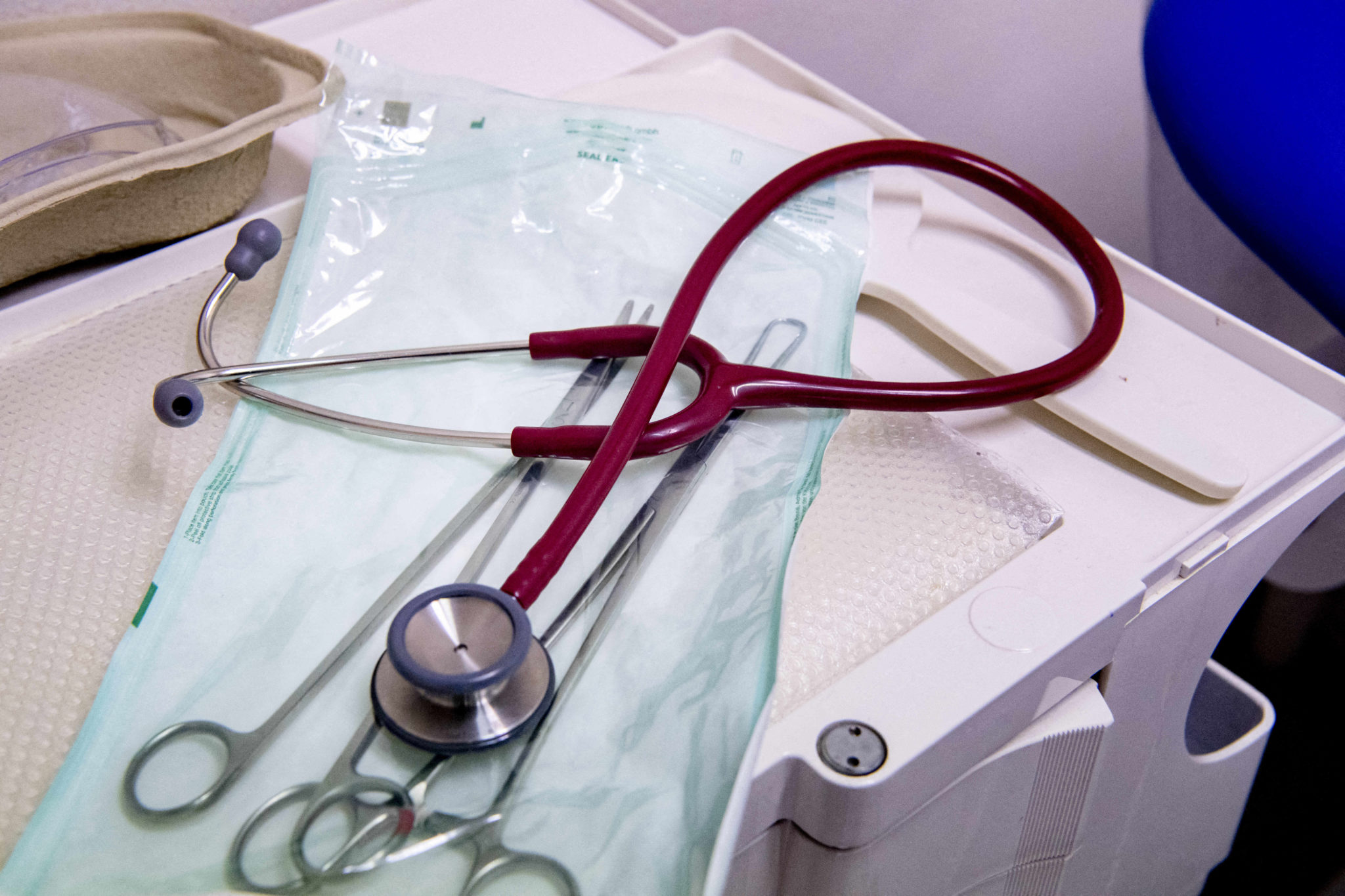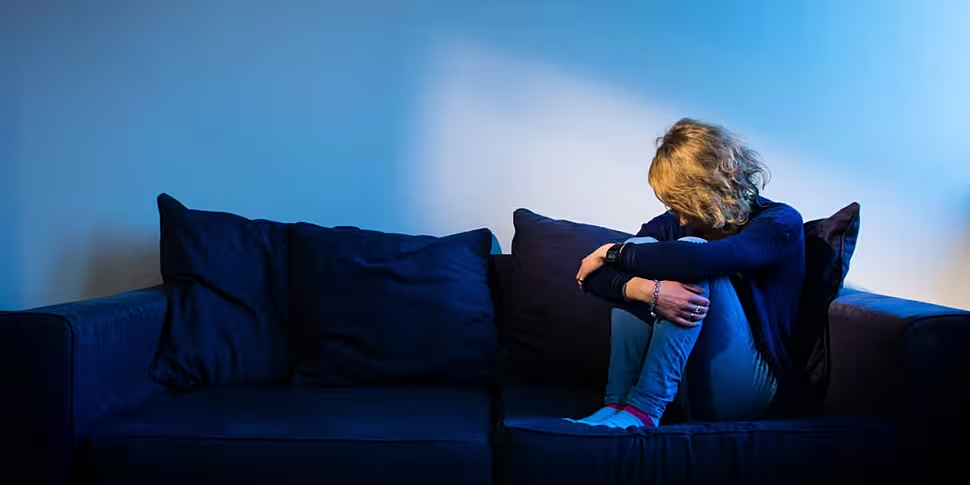People suffering from "all-consuming" anxiety and tiredness during lockdown may be experiencing 'crisis fatigue', according to a Cork GP.
Dr Phillip Kieran says that patients are presenting to GPs with exhaustion and mental health issues due to restrictions in place during the COVID-19 pandemic.
He is encouraging people to adopt good lifestyle habits and to pick up the phone and talk to someone to avoid the negative impacts of social isolation.
Speaking on Alive and Kicking with Clare McKenna, Dr Kieran outlined some of the symptoms of 'crisis fatigue'.
He said: "If you're feeling exhausted, tired all the time, like you just can't cope or are very overwhelmed, this can be symptoms of just general fatigue or anxiety, or in the current climate, in the current crisis we're in, it's more likely to happen and it's more likely to due to this phenomenon called crisis fatigue.
"It's where your mind and your body just aren't coping that well with the constant pressure and the constant stress.
"It's completely normal to be a bit fed up and a bit angry and a bit sad about not being able to see people.
"If this becomes an all-consuming thing that every moment of your waking day is filled with fear, with a lot of anxiety so that you can't focus on anything else, then that's time to go and talk to a doctor about it.
"If you feel you might be heading that way, there are some steps you can take at an earlier stage to try and prevent it getting more serious."
Lifestyle habits
Dr Kieran said it was a positive step that people are thinking about their mental health and getting advice with it.
He said: "I think people have a big fear about coming into the doctor because they think we're going to tell them they're mad.
"You're not mad and a lot of times these problems can be fixed relatively straightforwardly.
"I would say to reach out to your friends, reach out to people you know first and if things aren't getting any better, try and make sure that you're eating healthy, you have a good sleep routine, that you're getting a bit of exercise, talk to people.
"But if you're not getting there, give us a ring, come down to see us if you're physically well but you're not managing."
He added that there are "three or four big things" that can be done to help people with crisis fatigue.
The first is looking at the lifestyle habits which might allow it to continue.
These include limiting alcohol, eating habits and social contact and physical exercise.
He said: "If there are no issues with those three to four areas, then we look and see how much of an impact this is having on someone's life we may look at referring them or advising them to get formal counselling.
"We may even look at prescribing them anti-depressant medication to help them get through the other side."
 Photo by Robin Utrecht/ABACAPRESS.COM
Photo by Robin Utrecht/ABACAPRESS.COM'We need people more than ever'
Dr Kieran added that "life has changed dramatically" but he hopes there are "some positives" that will stay around once the pandemic is over.
He said employers should facilitate people's continued working from home to improve their quality of life and reduce "pointless commutes".
However, he added that the space and time for people to get their work done has changed there are jobs to be done at home and kids may be around the house.
He said: 'You're in a place where there are also other things that you can be doing so it's very easy to get sidetracked when you're working from home.
"All of a sudden, your time is competing in a way that it never was before.
"So I think it's important that people look after themselves from that point of view.
"What I would say is that if you are working from home, that's work time, just dedicate it and ringfence it if you can.
"It's very easy for it all to bleed together and for you to feel that you're not getting anything done at work and that you're also never away from work.
Dr Kieran said that chronic long-term stress is very bad for people's health, and can cause conditions such as increased blood pressure, a diminished immune system and potentially leading to anxiety or depression.
He added that human interaction is really important while restrictions are in place.
He said: "One of the big problems that we're having with the isolation at the moment is that it's entirely possible to lose contact with all of your social connections and be incredibly isolated during this rough time.
"This is when we need people more than ever before."
Dr Kieran recommends that people think about those they were in contact with on a daily or weekly basis before the pandemic and to pick up the phone.









